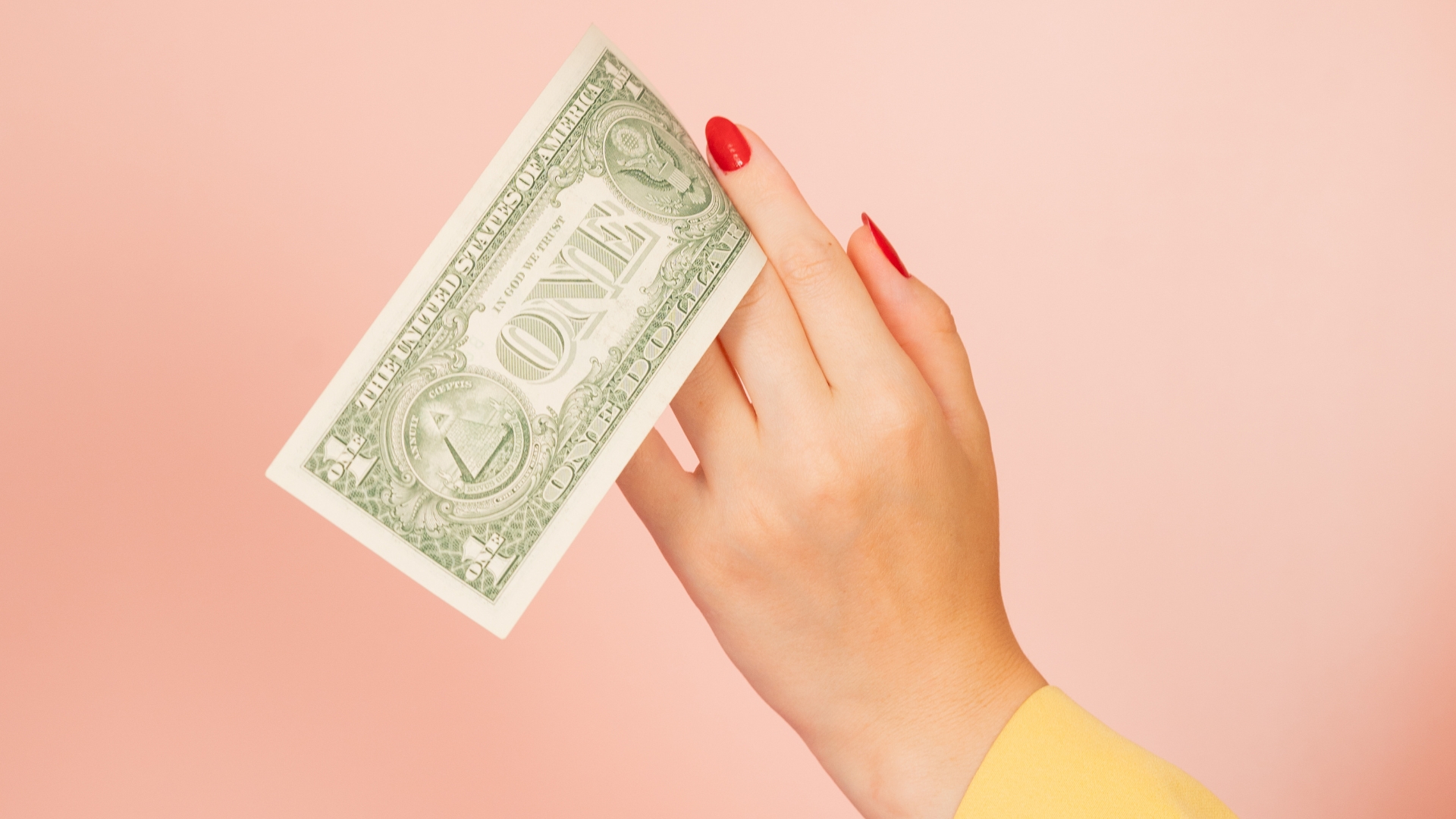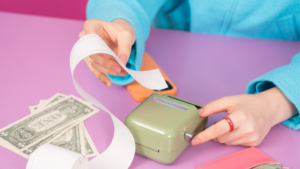
Mastering Financial Self-Care: Simple Steps to Money Wellness
Financial Self-Care: A Holistic Approach to Money Wellness
Just as we prioritize physical and mental well-being, financial self-care deserves a place in our daily routine. This comprehensive approach to managing money goes beyond basic budgeting—it’s about creating a healthy, sustainable relationship with your finances that supports your overall wellness.

Daily Money Management Habits
Small actions create significant impact. Start by checking your account balances each morning, tracking daily expenses, and setting aside a few minutes to review any upcoming bills. These micro-habits help maintain awareness and prevent financial surprises.
Consider creating a “money minute” routine: a brief daily check-in with your finances, similar to a mindfulness practice. This can help reduce anxiety and keep you connected to your financial goals.
Recommended Tools:
- Budget Planner with Expense Trackers – Keep all your finances organized with a simple planner.
- Habit Tracker Notebook – Track your “money minute” routine and other financial goals.

Building a Sustainable Budget
Rather than viewing budgeting as restrictive, approach it as a tool for empowerment. The key is creating a realistic plan that aligns with your lifestyle and values. Consider implementing the 50/30/20 rule:
- 50% for necessities
- 30% for wants
- 20% for savings and debt repayment
Remember that budgets should be flexible and adjust with life changes. Review and revise your budget quarterly to ensure it continues serving your needs.
Recommended Tools:
- 50/30/20 Budget Templates – Printable or digital templates to simplify your budgeting process.
- Budgeting Software Subscription – Tools like YNAB (You Need A Budget) or similar.
Emergency Fund: Your Financial Safety Net
An emergency fund is perhaps the most crucial element of financial self-care. Start by aiming for one month of essential expenses, then gradually build toward 3-6 months. Even small, consistent contributions add up:
- Set up automatic transfers to your emergency fund
- Save unexpected windfalls
- Regularly review and adjust contribution amounts
Recommended Tools:
- Savings Tracker Journal – Visually track your progress toward building an emergency fund.
- High-Yield Savings Account Tools – Explore books or guides for choosing the right savings account.

Managing Financial Stress
Money anxiety affects both mental and physical health. Implement these strategies to maintain perspective:
- Schedule regular “money dates” with yourself to review finances calmly
- Practice deep breathing when checking accounts or paying bills
- Celebrate financial wins, no matter how small
- Seek professional help if money stress becomes overwhelming
Recommended Tools:
- Guided Financial Wellness Journals – Journals to reflect on your financial progress and wins.
- Meditation Apps or Books – Resources for practicing mindfulness and reducing financial stress.
Setting Healthy Financial Boundaries
Boundaries are essential for financial wellness. This might mean:
- Learning to say “no” to non-essential purchases
- Having honest conversations about money with family and friends
- Avoiding comparison spending on social media
- Respecting your own financial limits
Recommended Tools:
- Books on Setting Boundaries – Develop the skills to say “no” and protect your financial goals.
- Financial Coaching Sessions – Seek guidance on setting and maintaining boundaries.

Long-Term Financial Planning
Think of long-term planning as self-care for your future self. Consider:
- Setting specific, achievable financial goals
- Regularly reviewing and adjusting retirement contributions
- Investigating investment options that align with your risk tolerance
- Planning for major life events and milestones
Recommended Tools:
- Retirement Planning Workbooks – Guides to help you calculate and plan for retirement.
- Investment Guides for Beginners – Books or online courses to learn about investing.
Creating Your Financial Self-Care Routine
Start small and build gradually. Choose one area to focus on first, perhaps beginning with daily check-ins or setting up an emergency fund. As these habits become natural, add more elements to your routine.
Remember that financial self-care looks different for everyone. The goal isn’t perfection but progress toward a healthier relationship with money. Be patient with yourself as you develop these new habits, and celebrate the small victories along the way.
This site contains affiliate links, meaning I may earn a small commission at no additional cost to you if you make a purchase through these links. I only recommend products I genuinely believe in, and your support helps me keep creating valuable content. Thank you!